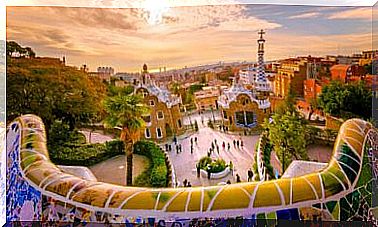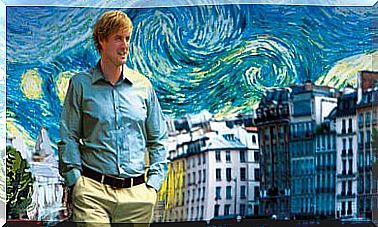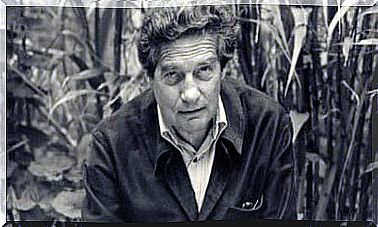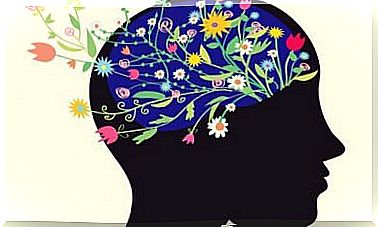The Philosophy Of Doubt: A Brief Historical Review
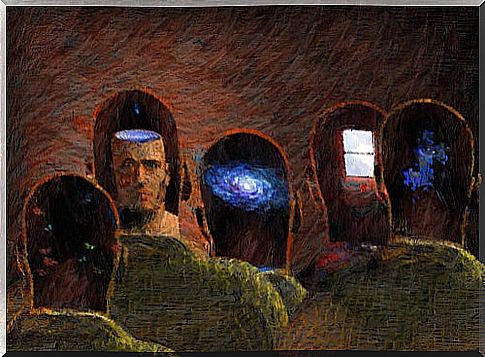
Not much has been written about the philosophy of doubt. The history of thought and doubt are contemporary. At the moment when man began to reason systematically about himself and about his reality, the first fundamental doubts arose.
The great epic texts indicate that dilemmas, questions, risks and insecurities were, for many centuries, faced with a purely heroic approach. The best sample is represented by the Iliad and the Odyssey.
The philosophy of doubt
In the ancient Hellenic world, rhetoric became the art of reasoning about existence. This without prejudice to being, in addition, an instrument of persuasion. In Gorgias’ On not being or on nature (Diels & Kranz, 1923) doubts are the central foundation of free thought.
In the words of Protagoras: “Man is the measure of all things, of those that are insofar as they are, of those that are not insofar as they are not.” Such a philosophical position focuses on the development of the individual’s capacities to manage reality, others and himself.
Socrates also made reference to the philosophy of doubt. He did so through the great work of Plato. Thus he became the figure of the virtuous thinker. From that historical moment, the world of ideas and thought became the Olympus of man.
Acting effectively is no longer the objective of thinking. Philosophical thought begins to feed on itself. The search for truth becomes the last and most important objective of philosophical inquiry. It uses doubt as the main instrument of that search, but its objective is to cancel it to reach the supreme knowledge.
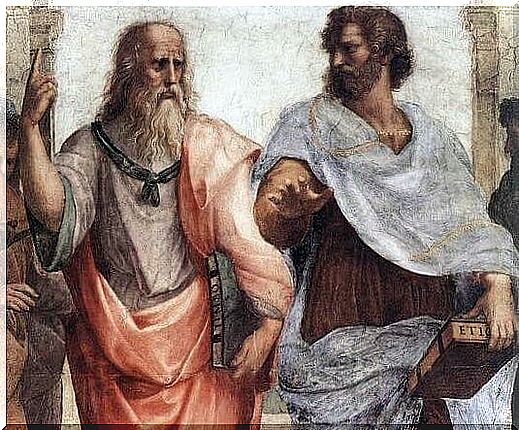
Plato and doubt
If we analyze the Socratic doubt and the maieutics, something clearly emerges. Proceeding through oriented questions it is possible to bring to light the inner truth of man. Thus, once the truth is reached, the doubt is annulled (giving way to more doubts).
However, it is with the work of Plato where the world of ideas has a practical advantage. All the work of Plato, a disciple of Socrates, is directed to the demonstration of the supreme value of truth. The world of absolute ideas determines everything.
Doubt no longer finds space as a liberating stimulus from the cages of knowledge controlled by ideas that are indisputable because they are absolute. In the Republic , Plato maintained the need for a reeducation of the intellect. It should be carried out in structures that somewhat foreshadow modern concentration camps, built far from the city.
For Plato, knowledge emanated from God (a very particular deity), like light. Whoever was farther from that source was more ignorant and primitive. Whoever approached the world of absolute ideas through knowledge and faith rose from bestiality to become a philosopher.
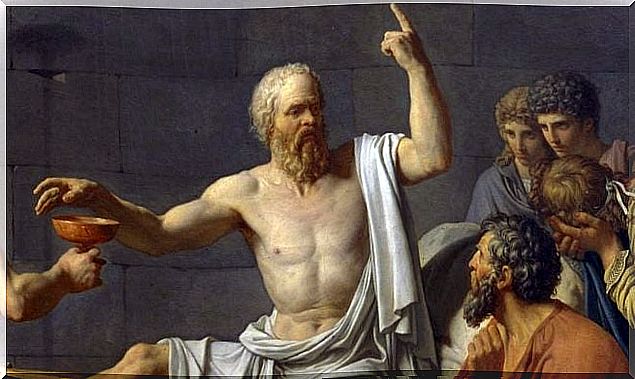
The doubt according to Saint Augustine
We can also observe the philosophy of doubt in Saint Augustine. Doubt is, for Saint Augustine, an obligatory step to reach the truth. Referring to Socrates, he affirmed that doubt itself was an expression of truth. We could not doubt if there were no truth that escapes doubt.
The truth, therefore, cannot be known in itself. It can only be known in the form of refutation of the error. It finds its evidence in the ability to doubt the delusions that obscure the path to it.
Throughout the Middle Ages, the masters of scholasticism recovered the lesson of Saint Augustine and the ancient Hellenic rhetoric. They did so through seemingly intractable doubts and dilemmas. They measure the rigor of reasoning how the truth of God prevailed in any way over the doubts of man.
It was precisely in this period that universities were born, the cradle of academic knowledge. They were not born by chance. They were founded by the masters of scholasticism. Among the most important representatives we find Santo Tomás de Aquino and Father Abelardo.
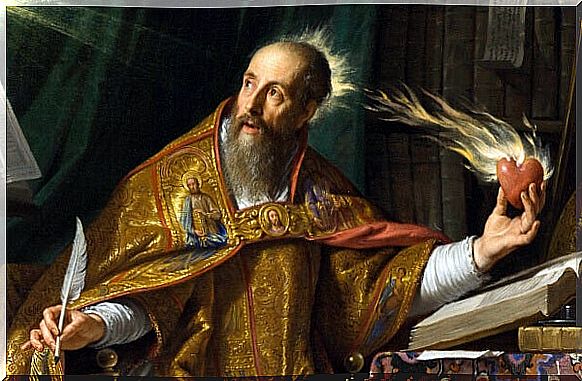
Doubt in the 19th century
The philosophy of doubt cannot be separated from science. Starting in the second half of the 19th century, another great movement emerged that promises victory over doubt and human dilemmas: science.
Positivist reliance on scientific knowledge quickly turns into a kind of faith. We speak of a kind of promise for the liberation of any evil and improvement of the human condition.
It is only at the beginning of the 20th century that extreme reliance on science and its ability to lead us to objective knowledge also collapses. It collapses by virtue of methodological reflections and the most advanced scientific discoveries.




